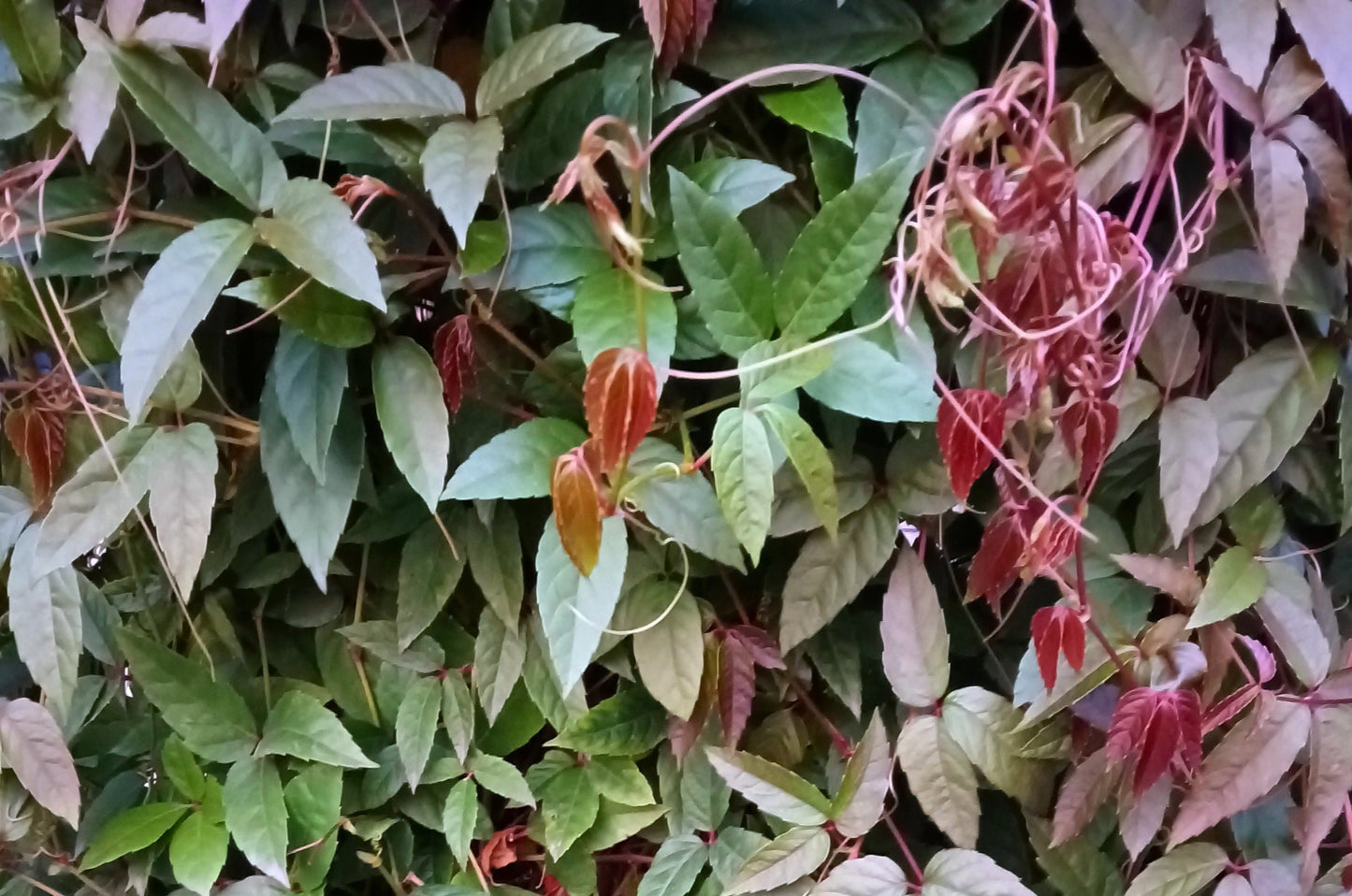Assam Connect
Indian Chestnut Vines (Nol Tenga) 200gms
Indian Chestnut Vines (Nol Tenga) 200gms
Couldn't load pickup availability
Indian chestnut vines, known locally in Assam as "Nol Tenga" (scientific name: Sterculia villosa), are valued for their nutritional, medicinal, and culinary properties. These vines are a common component in Assamese cuisine and traditional medicine. Here’s a comprehensive look at the benefits of Nol Tenga:
Nutritional Benefits:
-
Rich in Nutrients: Nol Tenga is packed with essential nutrients, including:
- Vitamins: Such as vitamin C, which boosts immunity and acts as an antioxidant.
- Minerals: Including calcium and iron, crucial for bone health and red blood cell production.
-
High Fiber Content: The fruit and leaves of Nol Tenga are rich in dietary fiber, which aids in digestion, helps maintain bowel health, and can contribute to a feeling of fullness, aiding in weight management.
-
Low in Calories: It is low in calories, making it a healthy addition to the diet, especially for those looking to manage their weight without compromising on nutrition.
Health Benefits:
-
Digestive Aid:
- Nol Tenga is traditionally used to aid digestion. The natural acids in the fruit help stimulate digestive juices and improve the breakdown of food.
- It is also used as a remedy for gastrointestinal issues like bloating, indigestion, and constipation.
-
Anti-Inflammatory Properties: The plant contains compounds with anti-inflammatory properties, which can help reduce inflammation and relieve pain. This makes it beneficial for treating conditions like arthritis and other inflammatory diseases.
-
Antioxidant Benefits: The high vitamin C content in Nol Tenga contributes to its antioxidant properties, helping protect the body from oxidative stress and reducing the risk of chronic diseases.
-
Potential Anti-Microbial Effects: Some studies suggest that extracts from Nol Tenga may have antimicrobial properties, helping to combat bacterial and fungal infections.
-
Supports Respiratory Health: Traditional uses of Nol Tenga include treating respiratory conditions like coughs and asthma. The plant’s components are believed to help soothe the respiratory tract and alleviate symptoms.
-
Promotes Heart Health: The fiber and antioxidants in Nol Tenga may contribute to heart health by helping to lower cholesterol levels and protect against cardiovascular diseases.
-
Natural Detoxifier: Nol Tenga is considered to have detoxifying properties, supporting liver health and helping to cleanse the body of toxins.
Culinary Benefits:
-
Unique Flavor Profile: Nol Tenga has a distinct tangy and slightly sour flavor, which adds a refreshing taste to dishes. It is often used to enhance the flavor of traditional Assamese recipes.
-
Versatile Ingredient: The fruit and leaves can be used in a variety of culinary applications, from soups and stews to curries and chutneys. It pairs well with other ingredients and can be used to create a balanced flavor in both vegetarian and non-vegetarian dishes (suited mostly to fish dishes).
-
Seasonal Availability: Nol Tenga is typically available during the rainy season and adds a seasonal twist to dishes, celebrating the flavors of the region’s agricultural cycle.
Traditional and Medicinal Uses:
-
Traditional Medicine:
- Nol Tenga has a long history in traditional Assamese medicine. It is used to treat a variety of ailments, including digestive issues, respiratory problems, and skin conditions.
- Decoctions made from Nol Tenga are used to alleviate symptoms of fever and to enhance overall well-being.
-
Cultural Significance: The plant holds cultural importance in Assam and is often used in traditional ceremonies and rituals. Its usage reflects the deep connection between local cuisine, medicine, and culture.
-
Natural Remedies: Nol Tenga leaves and fruits are often used in home remedies. For example, leaf extracts are applied to wounds and insect bites due to their soothing and healing properties.
Economic and Environmental Benefits:
-
Supports Local Agriculture: Growing and consuming Nol Tenga supports local farmers and contributes to the economic sustainability of rural communities in Assam.
-
Promotes Biodiversity: As a native plant, Nol Tenga contributes to the biodiversity of the region and plays a role in maintaining the ecological balance.
-
Eco-Friendly Cultivation: The cultivation of Nol Tenga is generally low-impact and sustainable, making it an environmentally friendly crop.
Conclusion:
Nol Tenga, or the Indian chestnut vine, is a treasure trove of benefits. From its nutritional and health advantages to its versatility in cooking and significance in traditional medicine, it is a valuable plant in Assamese culture. Whether used for its tangy flavor in culinary dishes or its medicinal properties, Nol Tenga offers a multitude of benefits that make it an important part of the region’s heritage and daily life.
Share


